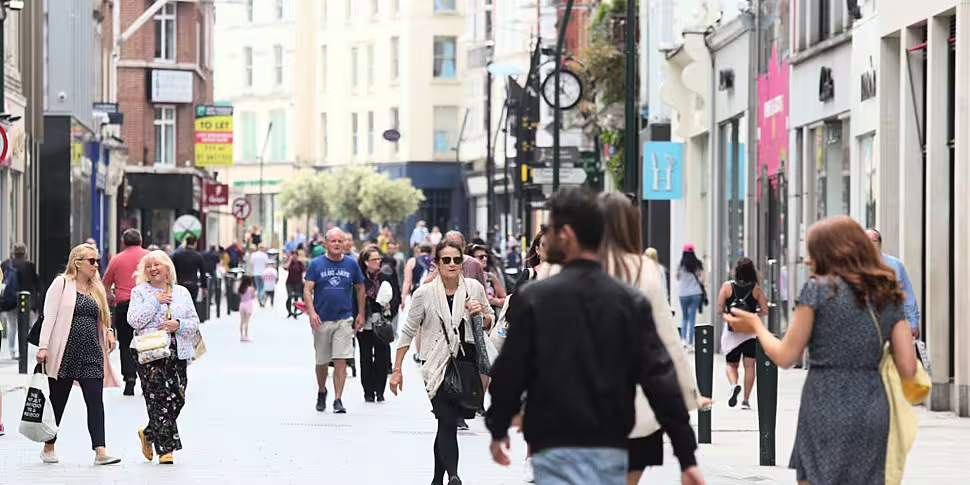A new survey has found that younger adults have been hardest hit by the COVID-19 pandemic in terms of their well-being.
A social impact survey was carried out by the Central Statistics Office (CSO) in April.
It found that there has been an 80% drop in the number of young adults - aged 18 to 34 - who rated their overall life satisfaction as high in April, when compared with the 2018 rate.
An EU-wide survey by Eurofound also in April reported that almost one-quarter of this age group in Ireland felt lonely 'all or most of the time' over the two-week period prior to interview.
That is the second highest rate in the 17 EU countries for which data was available.
The 18 to 34 age group were also most likely to feel nervous (51.2%), downhearted or depressed (45.2%).
Those aged 70 and over reported much lower rates, at 13.0% and 14.5% respectively.
Over four in 10 younger adults in the CSO survey reported that the pandemic had a negative financial impact on them, compared to two in 10 of respondents aged 70 and over.
When asked about their personal concerns, younger people were more likely to be 'very or extremely concerned' about someone else's health (70.5%), compared with 56.0% of those aged 70 and over.
 Source: CSO
Source: CSOConsumption behaviours have also shown greater change with younger ages.
Those aged 18 to 34 years were least likely to report no change in their consumption of alcohol, tobacco, junk food and sweets.
Those aged 18 to 34 were also least likely to report high satisfaction with their personal relationships, while over three in five aged 70 and over reported a high satisfaction rating in both 2018 (61.5%) and April 2020 (66.0%).
Results from some international surveys saw a similar pattern.
For example, a survey by Statistics Canada found all age groups - except individuals aged 65 and older - were less likely to report excellent or very good mental health during the COVID-19 period.
However, the difference between 2018 and 2020 was particularly evident for younger adults.
Meanwhile in the UK, a survey by the Office of National Statistics found that the proportion of respondents aged 70 and over stating that their well-being was affected by the COVID-19 crisis (34%), was lower than the rate for all adults (43%).









